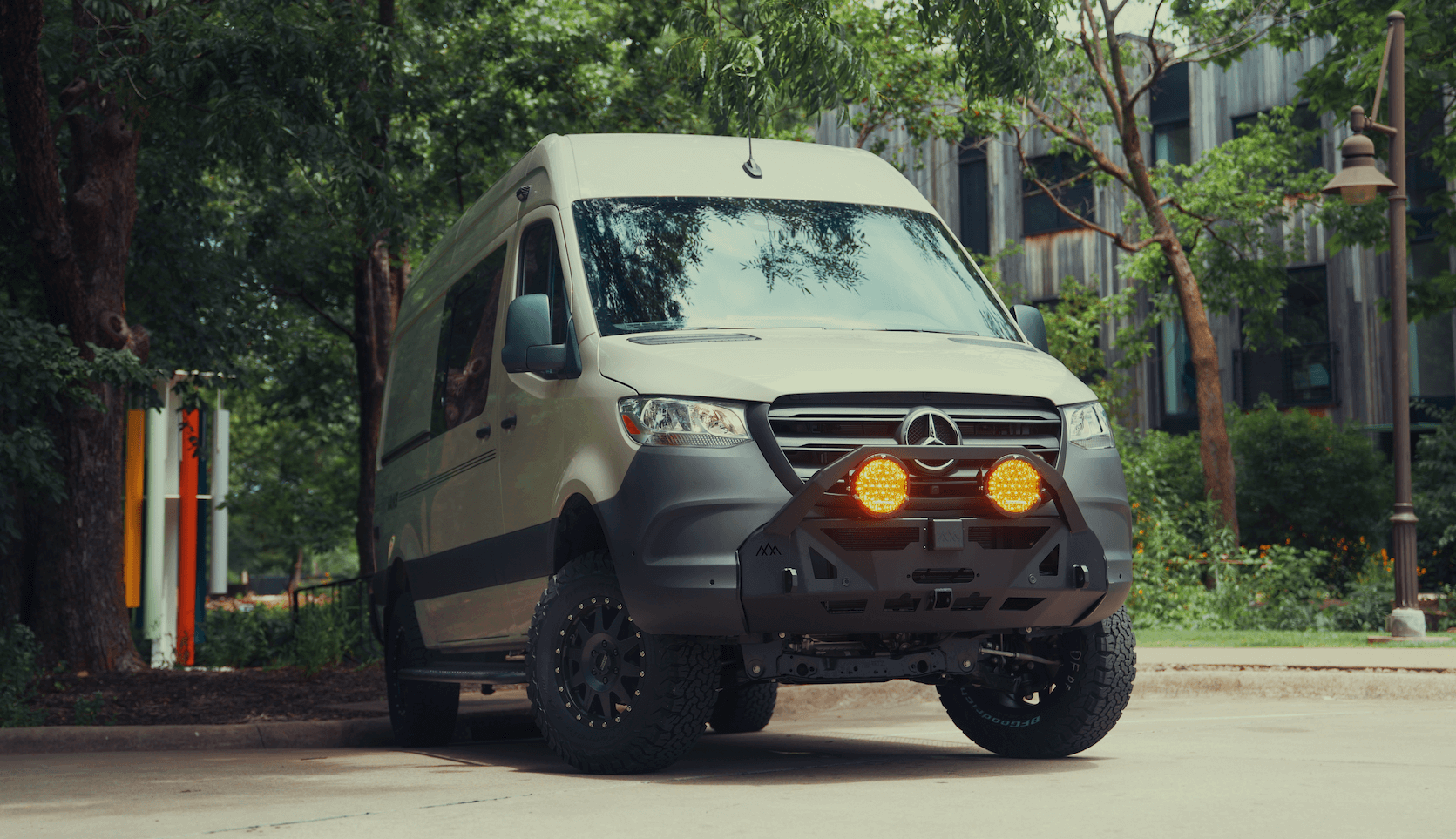Recreational Vans

Insurers price risk, not dreams. Whether camper van insurance is cheaper than a standard auto policy depends on how the vehicle is classified, how often it moves, where it sleeps, and what is inside. A Class B RV used for seasonal trips can see lower annual costs than a high mileage daily driver. A premium conversion with significant equipment often costs more to insure than a simple passenger van. The policy type matters too, because RV specific policies include features a typical auto policy does not.
Insurers want proof of the equipment they are covering. Photos, invoices, and professional installation records simplify underwriting and claims. Safety choices such as fire suppression, battery management systems, and theft deterrents may favorably influence quotes.
There is no single answer. Some owners pay less than they would for an everyday commuter because the van travels fewer miles and qualifies for RV rating. Others pay more due to higher vehicle value, custom interiors, and elevated replacement costs.
RV policies can include vacation liability, personal effects, emergency expense, and roadside coverage tailored to larger vehicles. Those benefits may add cost but provide protection that a standard auto policy would not, leading to better value even if the premium is similar.
Approach quotes with the same care you put into route planning. Start with accurate classification, then align coverage with how you truly travel.
A van that is easy to insure starts with thoughtful design and clear documentation. Professional installation, labeled systems, and photo records give underwriters confidence and make a future claim straightforward. If you are comparing policies, ask each carrier how they treat conversions, lithium power systems, roof equipment, and interior cabinetry so there are no surprises.
At OZK Customs in Fayetteville Arkansas, we design custom vans with clear documentation that supports accurate insurance rating and smooth claims. From complete custom builds to partial upfits, our team details the components installed so insurers can understand the equipment and value you are protecting. Explore build options and see how a professional conversion can simplify both the drive and the paperwork.
Ready to talk through a plan that fits your travel style and insurance goals? Share your timeline and ideas, and we will outline a build path that looks great, works hard, and insures cleanly.
Ready to spec a camper van that insures cleanly and protects your investment? Talk with OZK Customs about professionally built Class B vans, partial upfits, and coverage friendly design choices. Share your use case, budget, and must haves, and we will map a build that looks great on the road and on an insurance application. Start your custom van conversation today.
ADDRESS:
6159 E Huntsville Rd, Fayetteville, AR 72701
PHONE:
(479) 326-9200
EMAIL:
info@ozkvans.com